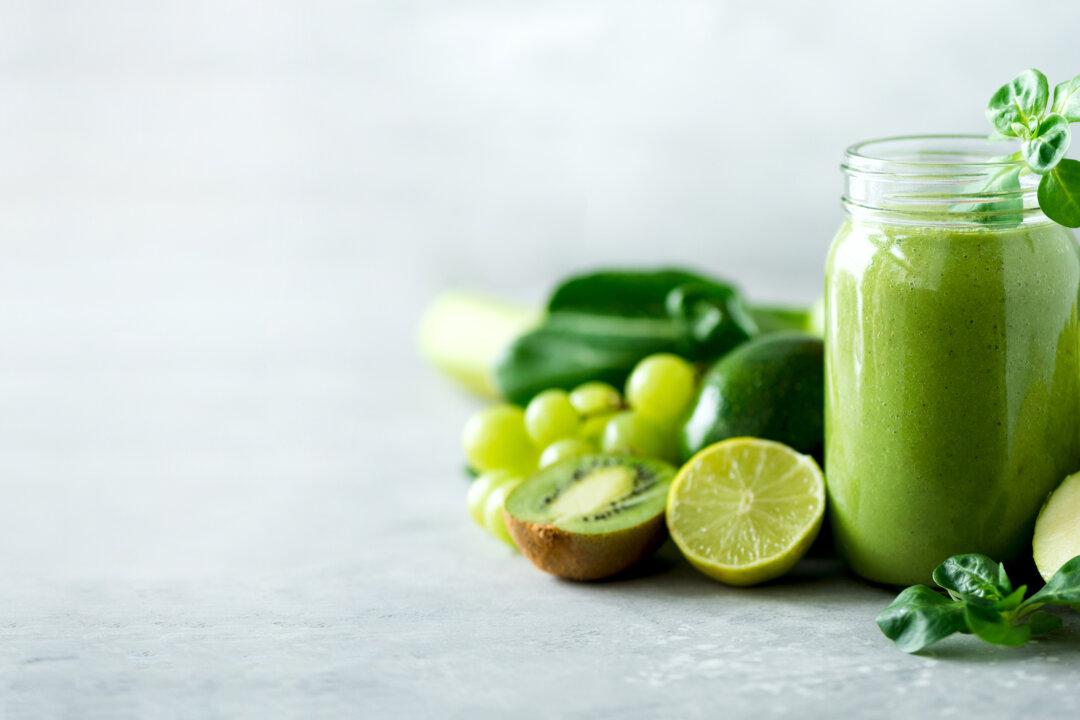We’ve all heard of the lymphatic system, but few understand how it works or why and how a properly working lymphatic system is vital to the body. The lymphatic system is a network of tissues and organs that transport lymph throughout the body. Its responsibilities include cleaning the cellular environment, returning proteins and excess tissue fluids to the blood, providing a pathway for the absorption of fats into the bloodstream, and the production and transportation of antibodies (white blood cells called lymphocytes) throughout the body to fight infection.
Our blood contains red blood cells that deliver oxygen around the body, white blood cells that fight infections, platelets that help you stop bleeding if you get a cut, and plasma.



